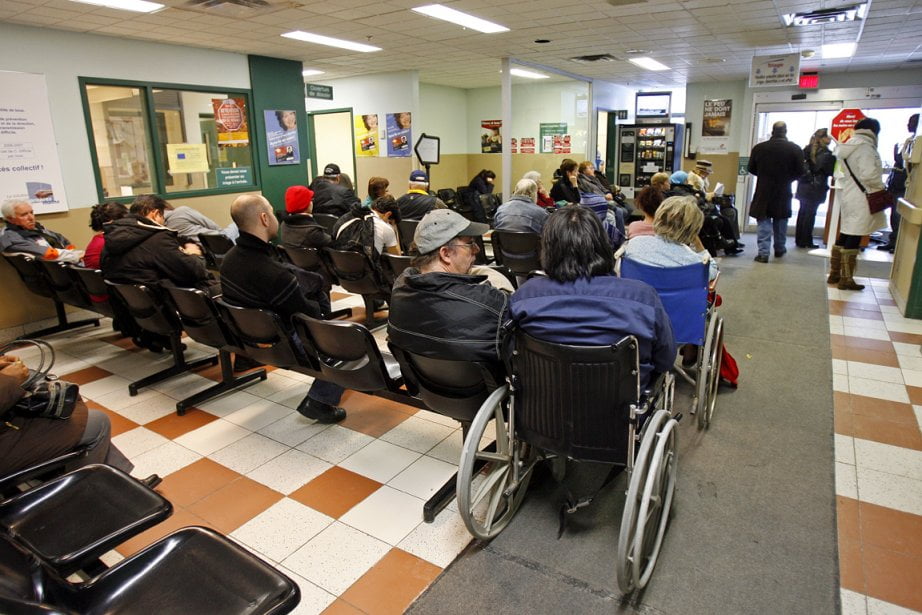At the end of March 2023, Quebec's Minister of Health and Social Services (MHSS) submitted Bill 15. The bill calls for the creation of the Santé Québec agency and the appointment of a CEO to head it. The agency will be responsible for managing Quebec's entire health and social services network (HSSN). Many healthcare professionals have sounded the alarm about what the reform means for the public health network.
The bill paves the way for privatization in the HSSN. Article 23 of the reform stipulates that the agency may subsidize "private providers" to offer "services in the field of health and social services". This means that Santé Québec could, for example, set up private hospitals. This already seems to be in the plans. Earlier in March, François Legault launched a call for interest for the creation of two private mini hospitals in Montreal and Quebec City.
Minister Dubé explained that the objective of the reform is to increase the efficiency of the HSSN. Nowhere in the bill does it mention what the Minister means by "efficiency". It does say, however, that the Santé Québec agency will evaluate the most "efficient" care offered by the public or private network.
The Fédération des chambres de commerce du Québec (FDCCQ) welcomed the bill. "Relying on the efficiency and flexibility of private enterprise as an ally to offer better public and universal services is a winning proposition for Quebec patients."
The efficiency of the private network touted by the FDCCQ is difficult to confirm in reality. It is not accountable to the MHSS, even though it is, in most cases, subsidized. We do know, however, that the care they provide is not necessarily of better quality than in the public sector. For example, during the COVID 19 pandemic, the mortality rate was higher in private residential and long-term care centers.
All the unions in the health and social services sector published a position paper in response to the bill. In it, they denounce the government's double language. "The government defends itself by saying that it is not engaging in true privatization, since citizens do not have to pay for their services themselves, but the presence of for-profit companies in the HSSN necessarily causes additional expenses for the government and, consequently, for taxpayers."
For example, services purchased from the private network "represented, in 2022, a total of $3.5 billion". On the other hand, "between 2016 and 2022, the MHSS has estimated a 380% increase in costs related to independent labor (private agency workers) to reach expenditures of $960 million".
The CSN, which represents several HSSN workers, has filed a brief on the bill. In it, it denounces an approach that destroys the public network. "By persevering with its plan to put the HSSN up for sale, the government is further weakening its own public network and encouraging a dangerous vicious circle: the more the private sector develops, the more the public HSSN is understaffed, the more the government justifies private subcontracting. What we're looking for here is the efficiency gain the government thinks it's getting."
In the last 30 years, private healthcare funding has increased by more than 50%. However, this has not translated into greater efficiency in the HSSN. Emergency departments still have 95% occupancy rates, with more than 1,300 people waiting to see a doctor."
- Us Against the State: A Documentary on the United Front
- Quebec healthcare workers still without a contract
- Quebec unionized nurses reject “disrespectful” proposed deal
- “We could have fought together for better,” says FIQ member
- One in ten workers soon on strike?
- 1972, the Year Workers Shook the State
- Strike mandates accumulate with overwhelming support
- An Education Reform Deaf to the Key Issues
- Québec government improvises solutions
- Privatization in the name of “efficiency”
- 100,000 workers in the street: “they’ve had enough”
- It’s Halloween for Quebec’s Public Employees, Or at Least for Some
- United Front workers determined to keep up the fight
- FAE to call unlimited strike on November 23
- A historic movement, “we’ve never seen anything like it”
- The CAQ cares about kids (or so it says)
- Government treatment fuels “our indignation and will strengthen our mobilization”
- Superior Court Violates Teachers’ Right to Strike
- “Legault and all the others are destroying Quebec as we know it”


